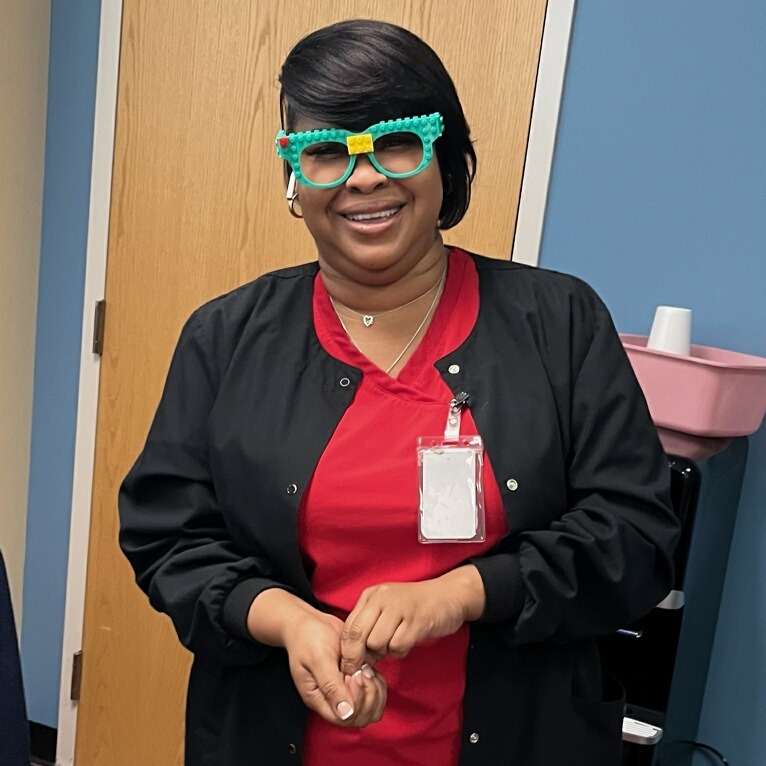Our physicians at All For Kids pediatric clinic have been watching the current worldwide coronavirus (COVID-19) outbreak. We have watched it inch closer and closer to our state. As of this writing, just today, we have our first active case of coronavirus in Arkansas. This event has triggered this post. The infection is rapidly spreading across the world from its origin in China. We have researched numerous sources on the coronavirus infection, including the CDC, Up to Date, the World Health Organization, the United Kingdom health service website, research from China, and the writings and interviews of Dr. Paul Offit, an infectious disease specialist at the Children’s Hospital of Philadelphia.
Although, we have no direct experience with the virus at this time, research shows that infection with the COVID-19 (coronavirus 2019) is generally not serious in children and young adults. We pray that this is true in Arkansas! Specifically, worldwide at this time, we are aware are no reports of death from the infection in children less than 9 years of age. This information should give parents some immediate relief of their COVID-19 anxiety!
For older Americans, there is some cause for concern because of the reports of severe disease in a small portion of people that catch it. As the virus has spread across the world, we find that most people come down with a mild illness that resembles the flu, a few get very sick requiring hospitalization, and some people have died. Most deaths have occurred in older individuals with health conditions such as heart disease, diabetes, lung disease and immune defects. No deaths are reported in young children. As concerning as all this is, let us urge you to not panic. Dr. Paul Offit, a pediatric infectious disease specialist whom we have followed for years, considers this outbreak to be most like the yearly flu epidemics that we experience.
Symptoms of COVID-19 infection
Reported illnesses have ranged from mild symptoms to severe illness and death for confirmed coronavirus disease 2019 (COVID-19) cases. The following symptoms may appear 2-14 days (5 days on average) after exposure:
• Fever, usually high
• Cough, dry
• Tiredness (fatigue)
• Shortness of breath or difficulty breathing (severe cases)
Most people with coronavirus infection do not have a runny nose. They feel a lot like a person feels with the flu: High fever, fatigue, and a dry cough but without a runny nose. Some people may get diarrhea from the illness.
How is COVID-19 spread (CDC website)
1. The virus is thought to spread from person-to-person.
• Between people who are in close contact with one another (within about 6 feet).
• Through respiratory droplets produced when an infected person coughs or sneezes. These droplets can land in the mouths or noses of people who are nearby or possibly be inhaled into the lungs.
2. Spread from contact with contaminated surfaces or objects. It may be possible that a person can get COVID-19 by touching a surface or object that has the virus on it and then touching their own mouth, nose, or possibly their eyes, but this is not thought to be the main way the virus spreads.
Can someone spread the virus without being sick? Yes, this is possibly true especially with children who may be contagious for the virus and yet have no symptoms. People are thought to be most contagious when they are the sickest.
Description of Coronaviruses
Although most parents don’t know it, most everyone has had coronavirus infection in the past. Coronaviruses are a family of viruses that can infect humans and animals. There are seven known types of human coronaviruses. Four of the seven types (229E, NL63, OC43, and KHU1) are quite common and cause what amounts to the common cold. Rarely, they make people sick enough to be hospitalized. In certain times of the year these four types of usual coronaviruses can cause up to 33% of the respiratory infections in our population. The other 67% of colds are caused by other common respiratory virus pathogens which include rhinovirus, Respiratory syncytial virus (RSV), influenza and Enterovirus, just to name a few. Two types of coronavirus, Severe Acute Respiratory Syndrome coronavirus (SARS-CoV) and Middle East Respiratory Syndrome coronavirus (MERS-CoV), may cause more severe respiratory infections. They are more recent coronaviruses which have appeared. The seventh type (COVID-19) is a newly discovered coronavirus (COVID-19), which was first reported in Wuhan, China in December, 2019. Where did the three most recent coronaviruses come from? Short answer: it is thought from animals. Some coronaviruses that infect only animals and not humans may evolve and change their genetic makeup. It is currently thought that the three recent examples of coronaviruses that may make humans more ill may have undergone this recent evolution. These are: COVID-19, SARS-CoV, and MERS-CoV. So, we now have COVID-19: a new, possibly mutated animal coronavirus infecting humans!
How to protect your family
There is currently no vaccine to prevent COVID-19, but there are a few things you can do to keep your family healthy:
• Wash your hands often with soap and water for at least 20 seconds. If soap and water are not available, use hand sanitizer. Look for one that is at least 60% or higher alcohol based.
• Keep your kids away from others who are sick and keep them home if they are ill.
• If you are ill, don’t go to work or school and stay away from others.
• Teach kids to cough and sneeze into a tissue (make sure to throw it away after each use!) or to cough and sneeze into their arm or elbow, not their hands.
• Clean and disinfect your home as usual using regular household cleaning sprays or wipes.
• Avoid touching your face; teach your children to do the same.
• Avoid travel to highly infected areas.
What to do if you are worried that your child has Coronavirus infection?
• Call us! 501-224-5437. Please do not come to our office if you are concerned that your child has coronavirus. You might expose others to the disease. We do not have coronavirus test kits and currently there is no outpatient treatment for coronavirus infection other than fever control and fluids which you can do at home. For severe cases of coronavirus infection, hospitalization is necessary for respiratory support. If your child needs to be tested, we will arrange for your child to be tested at the emergency room at Arkansas Children’s Hospital. Protocols, protective equipment and infectious disease specialists are ready. Specimens will be taken to the Arkansas State Department of Health for testing. We will notify you of the results and the Infectious Disease specialists at ACH will help direct your care. Self-quarantine until you have heard the results.
Jerry Byrum MD
Links:
https://www.healthychildren.org/…/2019-Novel-Coronavirus.as…
https://www.cdc.gov/coronavirus/2019-ncov/about/index.html
https://uamshealth.com/healthnow/




